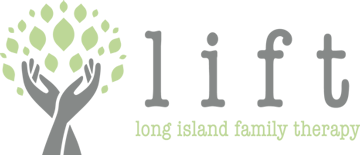2015
Children are increasingly being diagnosed with Autism Spectrum Disorder (ASD) at higher rates than previous years. It can look different at different stages of life. But what does it look like preschoolers?
Here are some behaviors to look out for. Remember, if you are concerned, please seek out an early childhood specialist, such as a psychologist, to get a clear diagnosis.
Signs in Language Development
- Young children are learning to talk. So they remember words, and then forget words. They make up words. This is typical. Some children who are suspected of having ASD have words, and then lose them. But, they don’t regain those words. They may use language in their own way, such as calling a “cookie” a “coocoo.” These children are resistant to changing their language.
- Young children tend to repeat words just for the sake of repeating them. This, too, can be a normal part of language development. Children repeat words, as a way to grasp what the sounds are or how their mouth moves. But children showing signs of having ASD have no obvious intention for repeating words. For instance, they might hear someone say a phrase like “Do you want a cookie?” and repeat it over and over again. They aren’t looking for a cookie; they are just repeating the phrases.
Social Cues
Children with ASD often have poor eye contact. Also, they often don’t respond when their name is called. Their lack of response is not with a smirk or meant to give silent treatment. There is simply just no response. Many of these children also seem very independent. They don’t need your help because they do everything themselves. And when they can’t, they don’t ask for help; they may take your hand and use your finger to point or reach for what they want.
At Play
Play in early childhood develops at different rates. Some children like to play by themselves. As they get older they may choose to play near other kids, doing different or similar things. Only later do they play together, in a group, towards a common real or imagined goal.
- Children with ASD tend to play by themselves, their own games, even when most of their other same-aged peers have moved on to a more parallel or cooperative play.
- They may be interested in parts of a toy, playing with it in ways that are unintended, such as spinning the wheels of a truck over and over again. They may lay on their head, looking at the truck out of the side of their eye.
- Their toys may have to be laid out in a certain manner, according to their own organizational rules. They may play with their hands or body in ways that other children don’t, such as flapping, rocking, moving their fingers near their eyes.
As with all other diagnoses, if you have concerns, seek out a trained medical professional. A psychologist, who specializes in early childhood, can help determine what the concerns are, and how best to treat your child.
Autism Spectrum Disorder is not the end of childhood, but these children have a much better prognosis if they receive treatment earlier rather than later.

